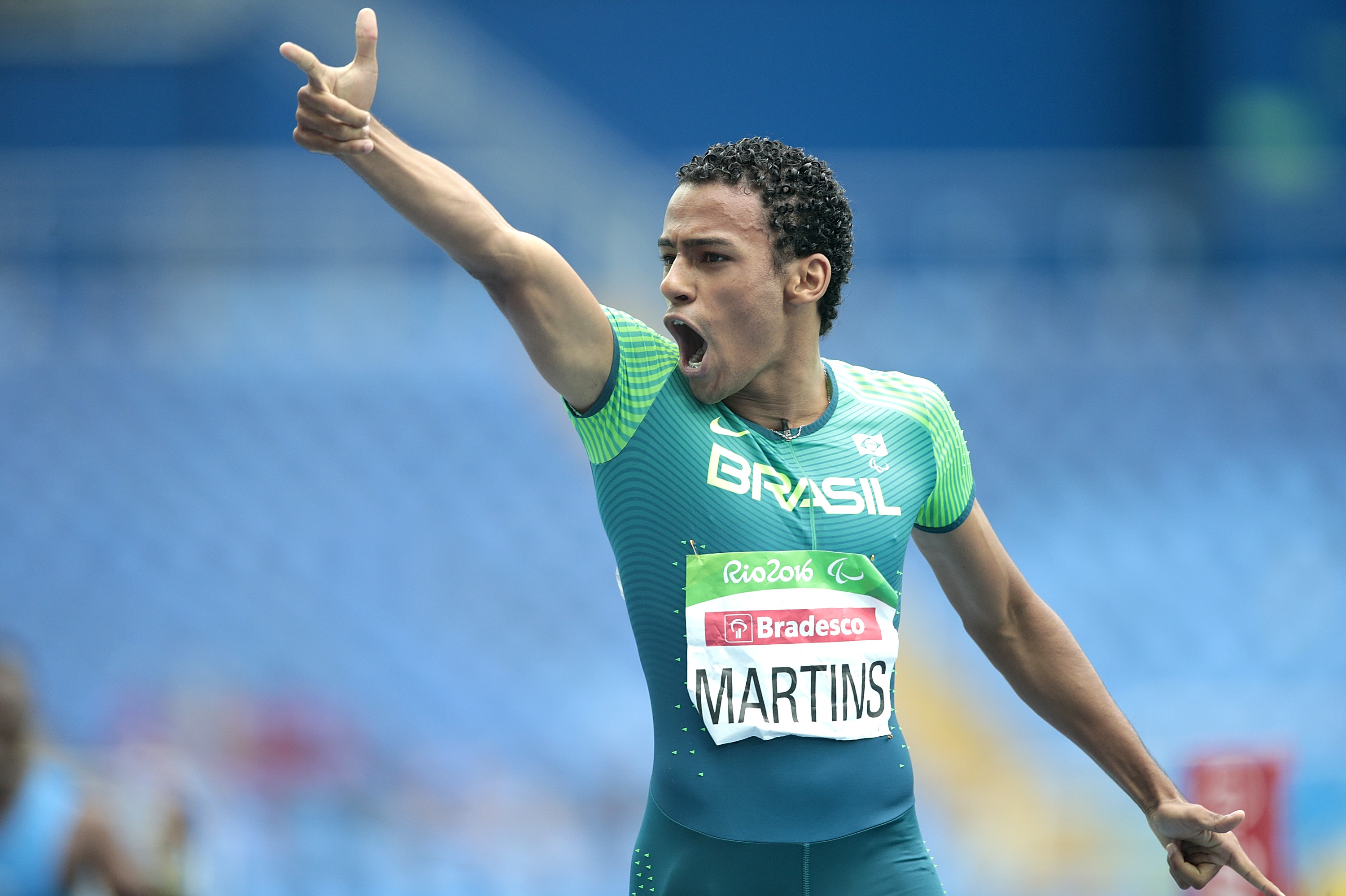Australia helps spread inclusive sport in China ahead of World Intellectual Impairment Sport Global Games
By Sport Inclusion Australia and World Intellectual Impairment Sport
Sport Inclusion Australia, the organisers of the 2019 International Federation for Intellectual Disability Sport (World Intellectual Impairment Sport) Global Games, have been helping to grow inclusive sport in China.
Working closely with the Australia Department of Foreign Affairs through its Asian Sports Partnership (ASP) and the Brisbane City Council, where the 2019 Global Games will be hosted, organisers delivered a week of basketball training in May.
More than twelve months in the making, the project came to fruition when Australian Basketball representative, Kelly Bowen, gave training to young students and teachers at the Yuanping Special School in Shenzhen.
Bowen, who is a member of the Australian 3 v 3 women’s basketball team, will also deliver more sessions in the future.
China has huge untapped potential; none of the athletes who competed at the Rio 2016 Paralympic Games had an intellectual impairment and the number who currently participate in World Intellectual Impairment Sport events is low.
Sport Inclusion Australia Chief Executive Officer, Robyn Smith, visited the country in March 2017 to meet with the education hierarchy of the Shenzhen Foreign Affairs Office, key staff at the Yuanping Special School and the Chinese Paralympic Committee.
Smith was stunned by the facilities, numbers of students and willingness of the Chinese authorities to participate in the programme: “Australian schools and sporting organisations would be amazed at the facilities available here at a special school for over 1,500 students with a disability. There are over 1,000 special schools across China with millions of students with an intellectual disability.”
Further opportunities for the Global Games, which gathers hundreds of athletes to compete in nine sports, and World Intellectual Impairment Sport have also been discovered.
“It is clear that China is very supportive of students with an intellectual disability, but their participation in the Paralympics and World Intellectual Impairment Sport events has been restricted due to lack of accessible eligibility processes.” Smith said. “If we [World Intellectual Impairment Sport] want to expand into non-English speaking countries we need to be open to change and ensure that the process is open and translated in multiple languages.”
With the coaching and education programme now underway and in the capable hands of Bowen, Smith will now focus on ensuring that the eligibility process is made available to the Chinese in her role as Vice President of World Intellectual Impairment Sport.
One of highlights of the ASP project has been Sport Inclusion Australia’s ability to bring together a number of stakeholders to maximise the effectiveness and mutual benefit to all involved.
The Brisbane City Council, in particular the Lord Mayor’s Office, has played a large role through engaging the Foreign Affairs Office and Mayor of Shenzhen, which ensured the project had credibility.
Sport Inclusion Australia plans to develop a relationship and inclusive opportunities in China, in particular the city of Shenzhen, a sister city to Brisbane.
The project will work with the Yuanping Special School and the Shenzhen Leopards national basketball club to enhance the skills of the children with an impairment in the sport. It also aims to build the capacity of local coaches and clubs to be fully inclusive and ensure these initiatives are sustainable.
Once a successful model is developed it will be expanded to include other sports and has the potential to reach 1,000 special schools across China.
Sport Inclusion Australia will also work with the Chinese Paralympic Committee to discuss the possibility of starting a high performance programme for those more talented athletes, to ensure there is a pathway through to World Intellectual Impairment Sport events and the 2019 Global Games.


